Multiple probes into Chinese firms behind collapsed high-rise
Main focus is on construction contractor and steel supplier, says minister

Numerous Thai government agencies are investigating two Chinese companies responsible for the construction of the collapsed State Audit Office in Bangkok, with probes expanding to many other related companies, according to the Ministry of Commerce.
The investigations focus on China Railway Engineering No.10 (Thailand) Co (CREC) and Xin Ke Yuan Steel Co, in which Chinese people held 49% and 80% stakes respectively, Commerce Minister Pichai Naripthaphan said on Thursday.
Initial investigations found possible violations of many Thai laws including the law governing foreign ownership of certain businesses. The Department of Business Development has sent information about the companies to the Department of Special Investigation, which has agreed to investigate them, the minister said.
CREC was a partner with SET-listed Italian-Thai Development Plc in the ITD-CREC consortium that was building the new State Audit Office, which collapsed during the Myanmar earthquake on March 28, and some of the construction materials used came from Xin Ke Yuan Steel.
CREC was related to 13 other companies while Xin Ke Yuan Steel had connections with 24 companies. The DSI is also reviewing information on those connections, Mr Pichai said.
According to Deputy Commerce Minister Napintorn Srisunpang, the Department of Business Development is now investigating CREC and 13 companies in its network. The Anti-Money Laundering Office is looking into the financial transactions of the companies, shareholders and stakeholders. The Revenue Department is checking the tax payments of the companies and shareholders.
The Thai Industrial Standards Institute has been testing the quality of steel and other construction materials used in the building. Tests done earlier by the Iron and Steel Institute of Thailand indicated that steel supplied to the project by Xin Ke Yuan Steel Co was substandard.
It was also learned that the Rayong factory of the steelmaker had been closed since January for an unrelated violation, and 2,400 tonnes of steel seized.
The Department of Employment, meanwhile, is examining the work permits of migrant workers who were on the site of the 30-storey State Audit Office project. The Department of Industrial Works is inspecting all the steel plants that supplied the contractor. The Department of Land is investigating land ownership by Thais and foreigners involved in the businesses, and the Comptroller-General’s Department is looking into procurement and contracts.
Mr Napintorn said the probes covered at least 26 projects being carried out by 14 companies linked to CREC and Xin Ke Yuan Steel, in order to prevent possible damage to life and property.
Rapid expansion, soaring debt
China Railway Group, the parent company of China Railway No.10, got its start building most of China’s 45,000 kilometres of high-speed rail lines. But in recent years, as demand for new projects at home faded, the company and its many subsidiaries have expanded their scope in a rush to bring in work.
Many of the projects abroad have been related to Beijing’s Belt and Road Initiative and other activities prioritised by the government.
As the expansion gathered pace, the company’s debt soared. Its 2024 annual report showed total liabilities worth $211 billion, almost double the $112 billion reported five years ago, according to the New York Times.
Victor Shih, a specialist in Chinese politics and finance at the University of California, San Diego, told the newspaper that when a company has such a heavy debt burden, “the pressure to generate cash flow to service debt can be quite intense”.
The Chinese embassy in Bangkok has urged CREC to cooperate with Thai authorities.
Chinese authorities have always instructed the country’s companies to abide by local laws and adhere to social responsibility when doing business abroad, the embassy said in a statement on Facebook.
“China will still support and assist according to Thailand’s needs, and calls on the Chinese company involved to fully cooperate with the Thai government’s investigation,” the embassy said. “We believe the Thai government’s investigation will lead to scientific and fair conclusions.”
China Railway No.10 had won 11 Thai government contracts, including a school building that is already completed. The Ministry of Transport has begun scrutinising some of those projects, including a part of the Thailand-China high-speed railway project that was awarded to the ITD-CREC joint venture, Transport Minister Suriya Juangroongruangkit said on Wednesday.

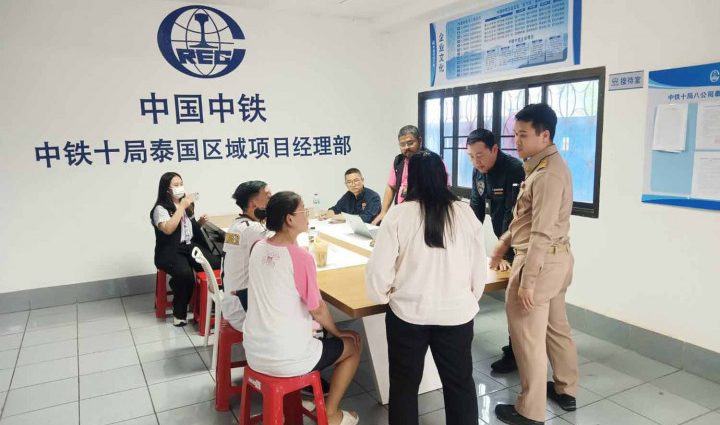
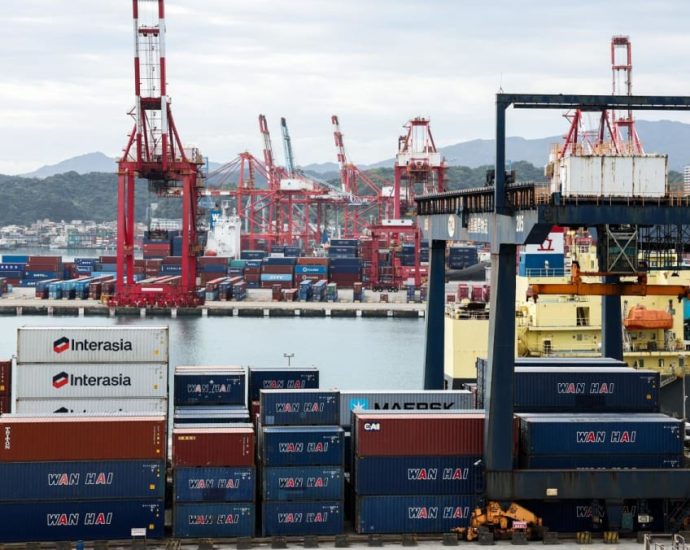
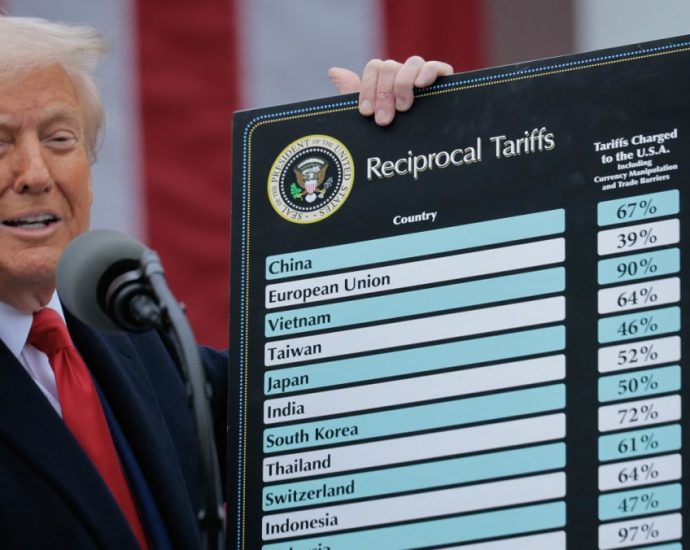

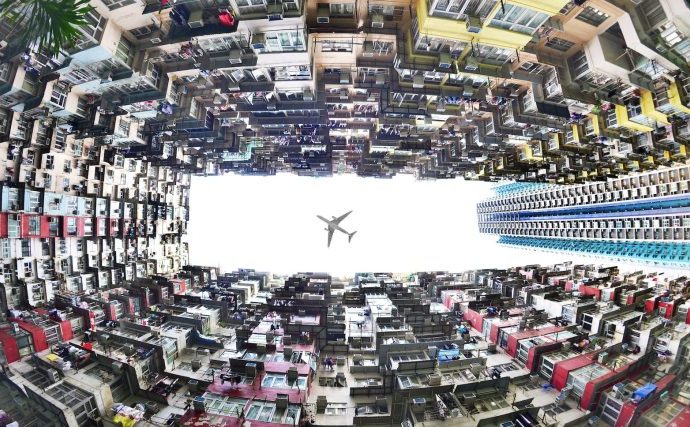



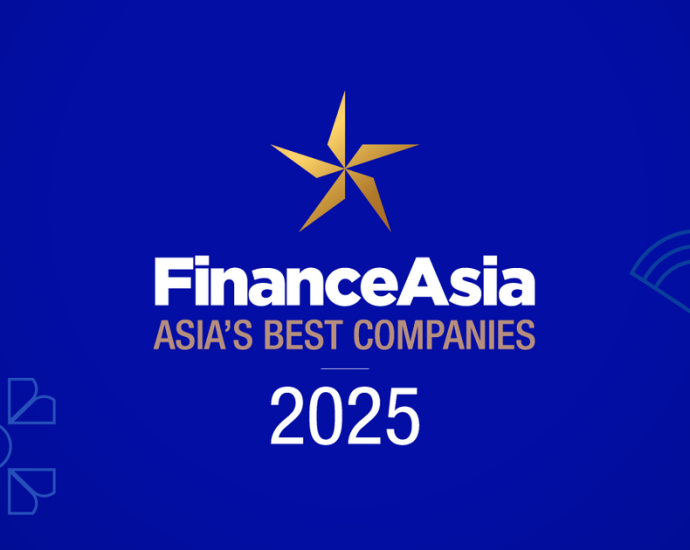
.png&h=630&w=1200&q=100&v=5f99a4b43f&c=1)
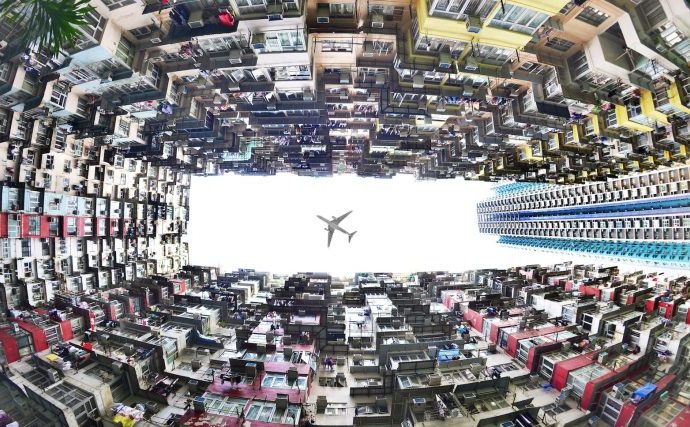
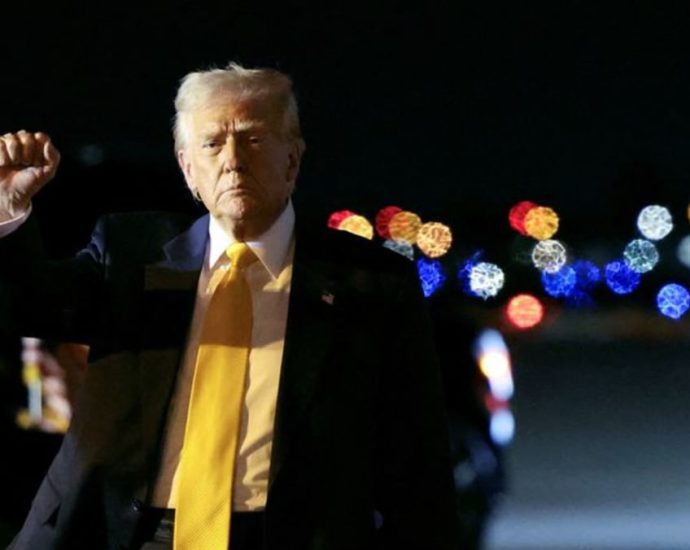
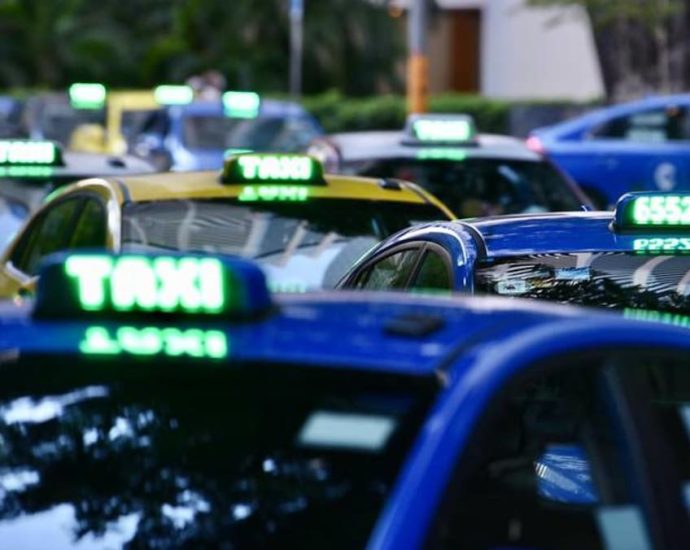
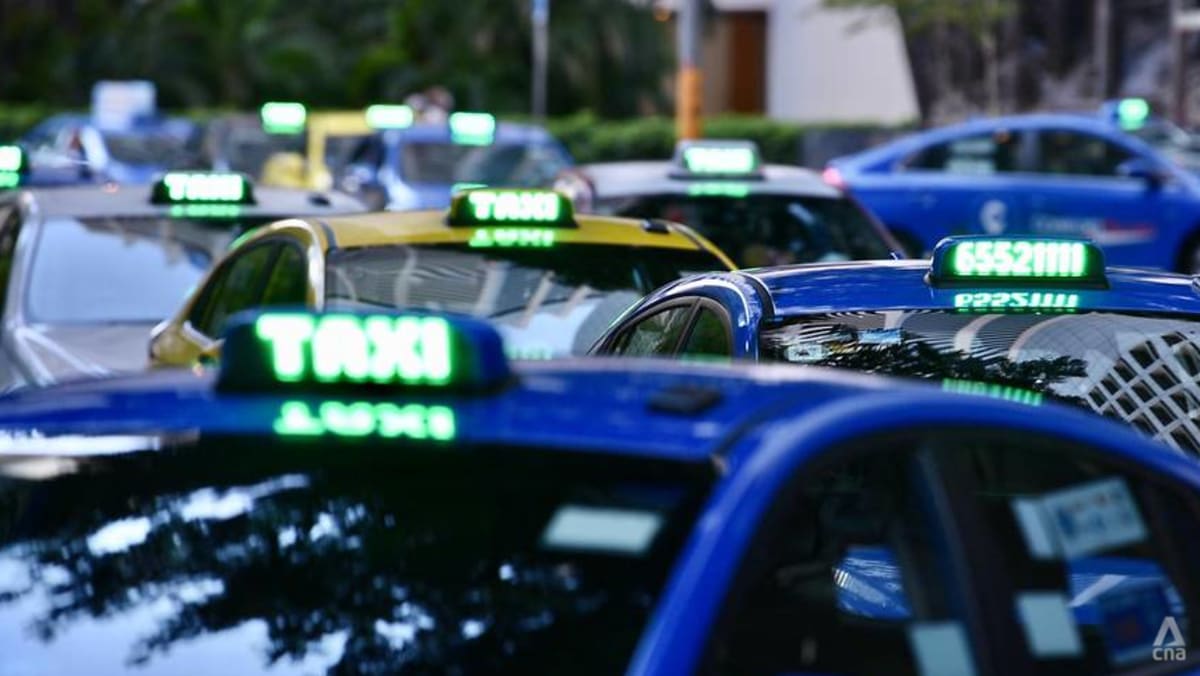
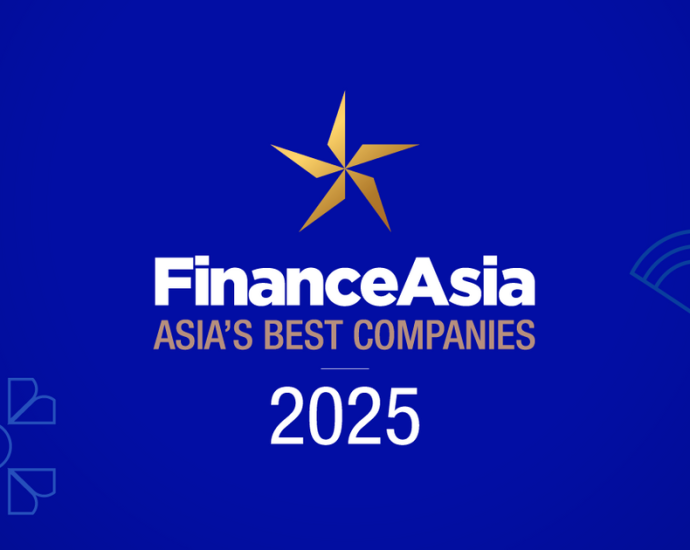
.png&h=630&w=1200&q=100&v=5f99a4b43f&c=1)